LIFE BELOW WATER – A CONFRONTING TRUTH
Growing up, we learn that our planet has five oceans: the Arctic, Atlantic, Indian, Pacific and Southern. In reality, all our oceans are connected and form one body of water. This body of water is not only home to an inestimable number of astoundingly unique marine life, but also pivotal to all life on Earth. In fact, our oceans produce 70% of the oxygen in the atmosphere. With an estimated 95% of our oceans unexplored till date, this interconnected aquatic system is a world of true wonder.
So it can be extremely perplexing, to say the least, that our ecosystems of wonder have been seeing an unprecedented level of decline in the past 40 years. According to the United Nations, one such statistic is how our “fertilizers entering coastal ecosystems have produced more than 400 ocean ‘dead zones’, totaling…. a combined area greater than that of the United Kingdom.” Closer to shore, we’ve also seen international news of beached whales that dehydrate from ingesting plastic, as well as sea turtles trapped in keg rings… and the list continues.
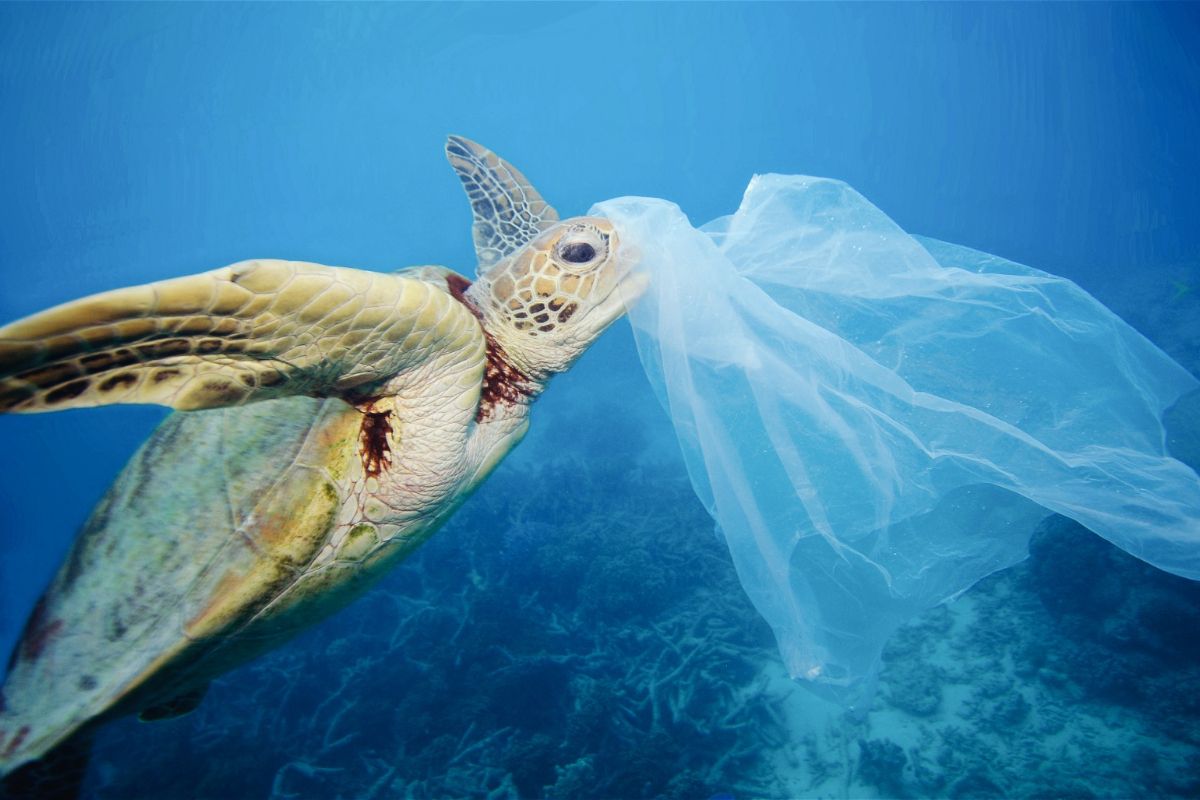
For obvious reasons of climate change and pollution, the number of species in our oceans is decreasing. The continued decline in the health of many ecosystems, coupled with rising extinction rates, are likely outpacing species’ ability to evolve to tolerate the conditions of our rapidly changing planet.
With all these unfortunate figures we are presented with, it’s understandable that to feel completely overwhelmed. But the fact is, more and more individuals and corporations are creating real change. We’ve seen the ban of plastic bags in numerous nations over the past 5 years, the rise in the number of eco-conscious brands and carbon positive practices by corporations, as well as our younger generation standing up and speaking out in the world stage. Together, we can all protect our home planet. In the world of B1G1, there’s a growing number of organizations coming onboard that persevere and protect our magical, mysterious and magnificent ocean – each in their very own way.
SPREADING AWARENESS
The very root of the problem is, more often than not, human beings. As the primary cause of the deterioration of our planet, every individual needs to become aware of the consequences of their actions, which also means that previous practices need to change. In order to create a more environmentally conscious future generation, the ROLE Foundation in Bali, Indonesia believes in tackling this issue locally through a unique approach by offering educational training to school children from a young age to help them develop eco-conscious habits.
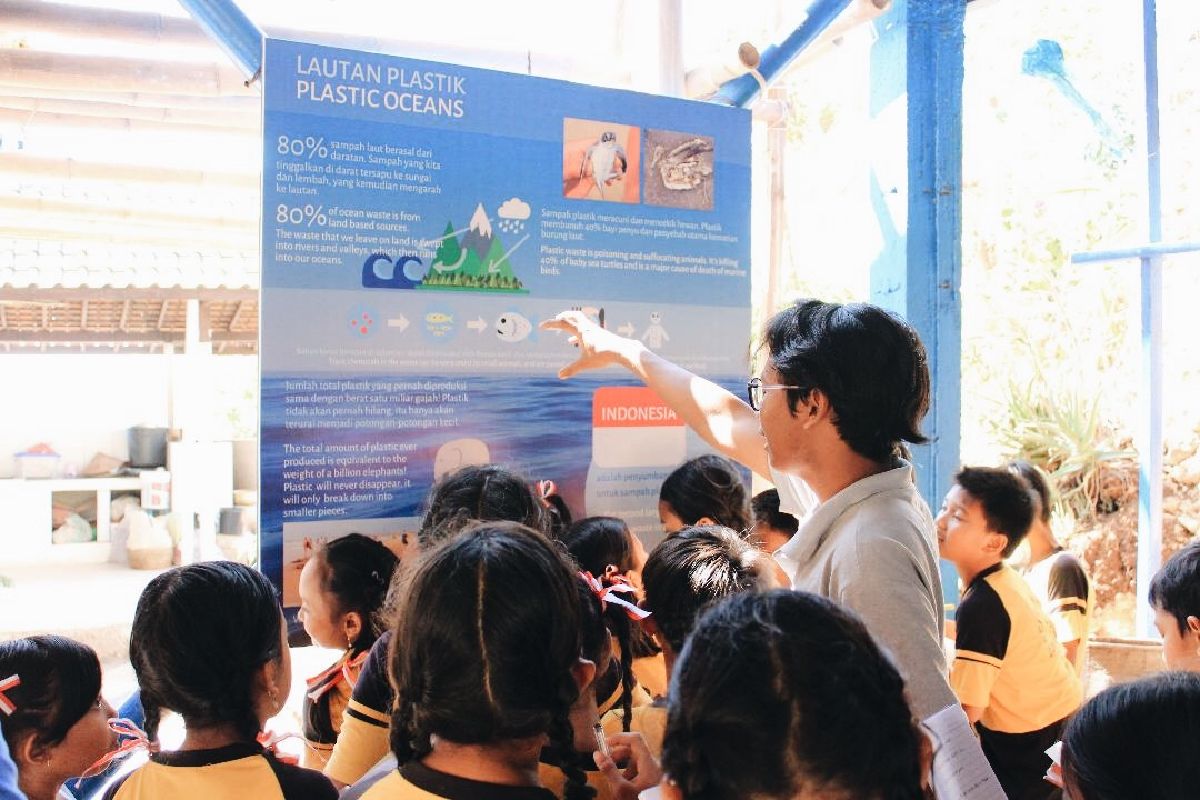
The training by ROLE Foundation aims to raise awareness of the state of our forests and oceans, cultivate habitual recycling techniques and the 3R (Reduce, Reuse and Recycle) principle. In Indonesia where the ROLE Foundation operates, the country produces around 64 million tons of waste per year. Approximately 50% of this reached landfill sites, the rest is either burned or illegally dumped and flows into the ocean. And there are very many other countries where the numbers look similar or worse, posing a real threat to our oceans and the marine life living in it. This important preventative action is an often overlooked, yet crucial first step towards a more informed and environmentally conscious generation.
REDUCING WASTE
Swimming through the ocean and wading through plastic sends a quite clear message: We need to reduce plastic waste! While changing habits is easier said than done, two organizations in B1G1 have found innovative solutions that not only limit waste production, but also gives back to people in need.
Rescuing Leftover Cuisine is a US-based organization that saves excess food from restaurants from ending up in a landfill. Food that is still edible and safe to consume is collected and brought to homeless shelters, providing nutritious and delicious meals for those in need – all while also reducing waste. Talk about a winning solution!
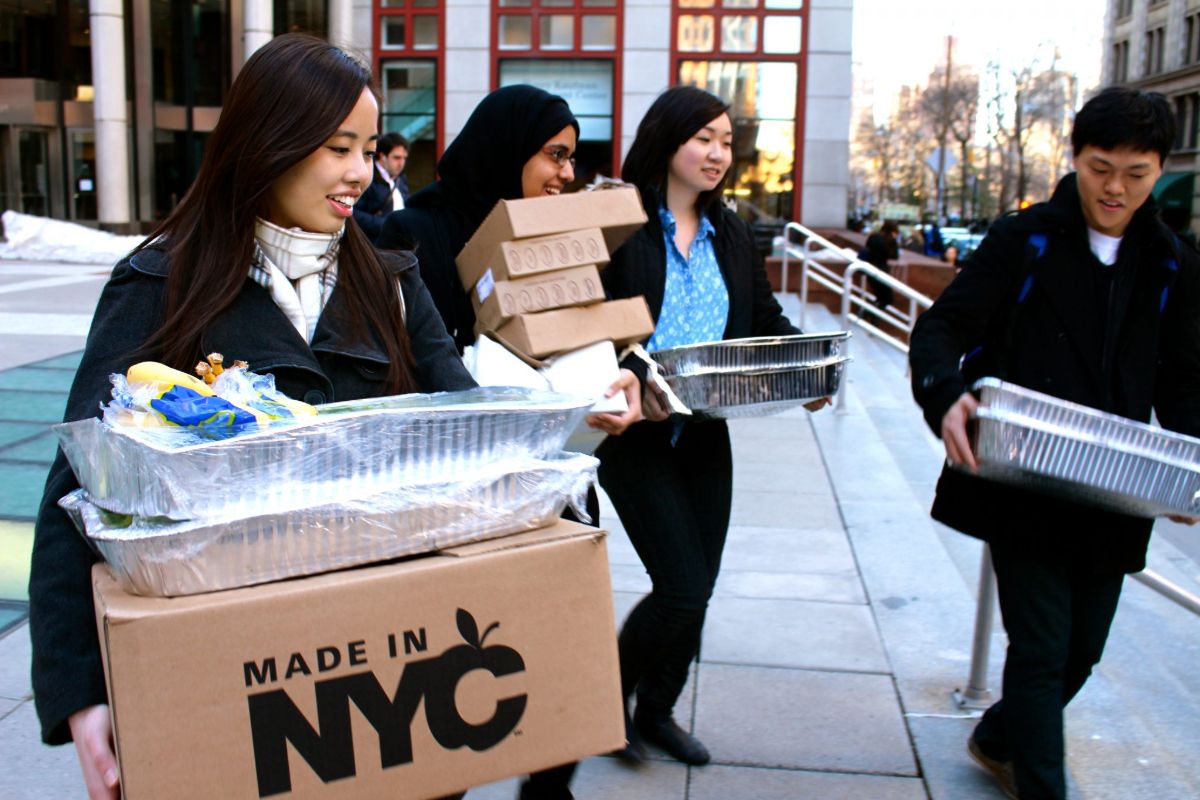
Aside from the food industry, the hospitality sector generates large amounts of waste. Each guest expects unused and new products during their stay, which results in mountains of barely used products quickly disposed of. The ROLE Foundation in Indonesia observed this as an opportunity to set up a program where they pick up lightly used soaps from the many hotels in Bali to upcycle them. Afterward, they are distributed to orphanages and schools benefitting children in need of sanitary products that protect them from diseases. As a result, less waste flows into our oceans while protecting the health and lives of these children.
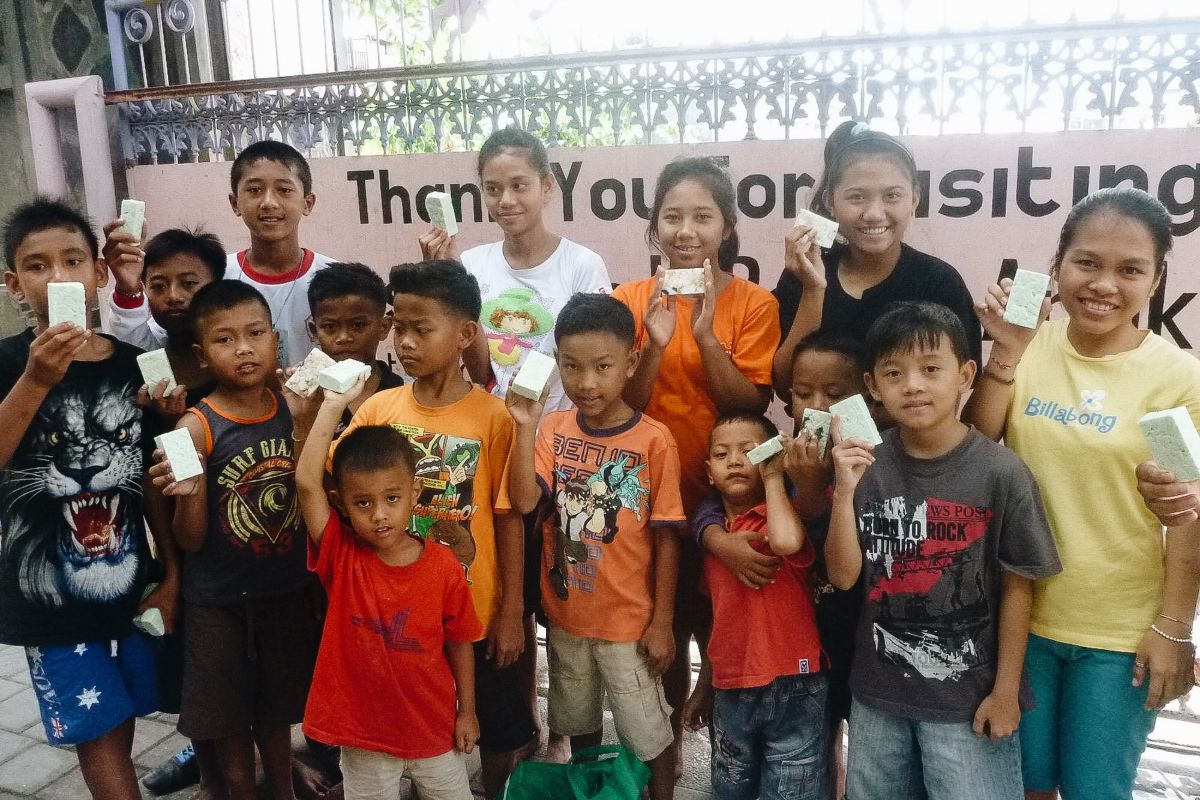
Even though actions like the ones mentioned above are making a huge difference in waste production, plastic oceans are still an unfortunate reality. Therefore, the ROLE Foundation organizes beach cleanups in Indonesia to reduce the already existing waste that threatens our ocean life. The beach cleanup groups are spread across 5 locations, each undergoing cleaning and education training once a month including waste management, marine conservation, permaculture practices, and healthy living. During each cleanup, the volunteers pick up kilograms of trash which might have otherwise threatened precious marine and wildlife.
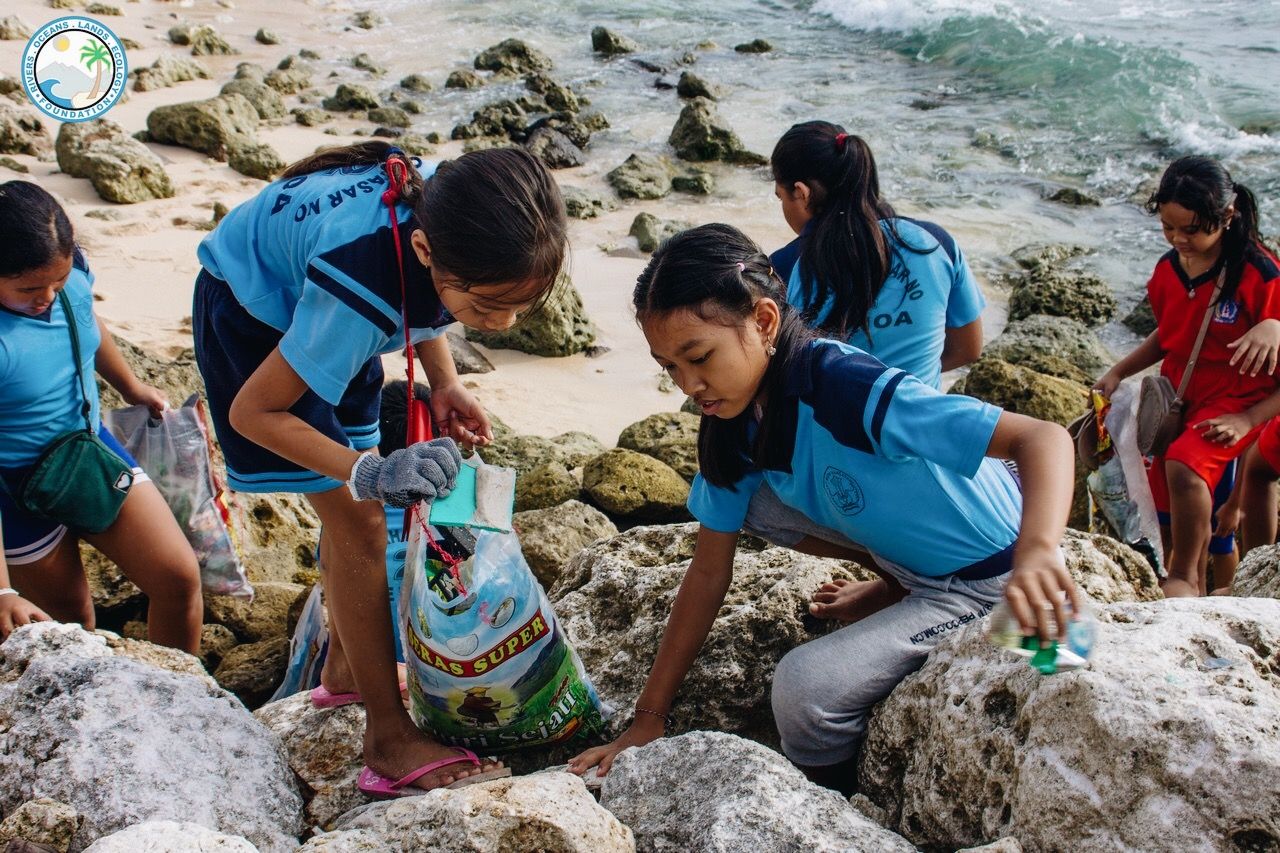
PROTECTING WILDLIFE
Crocodilians are the ultimate survival species. They’ve outlived the dinosaurs and thrive through some of the harshest conditions imaginable, yet so little is known about them. The Australia Zoo Wildlife Warriors is an Australian organization who, among other projects, track and study saltwater crocodiles. This is crucial in helping researchers better understand the important role these reptiles play in the ecosystem and helps us protect them more effectively.
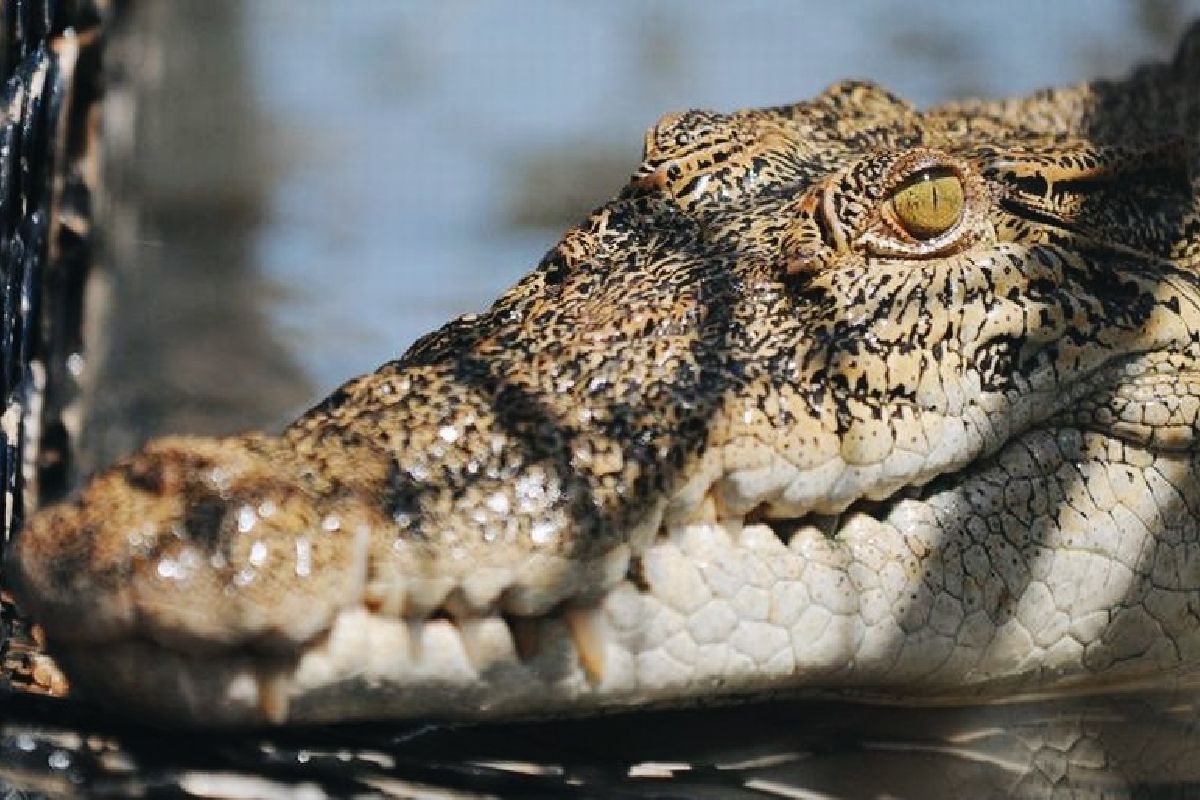
The Visakha Society for the Protection and Care of Animals in India’s mission is to abolish cruelty towards animals.
One of the species they focus on is the Olive Ridley Turtles. These gentle giants are threatened by poachers, losing their habitat and also facing the impacts of pollution. The beaches strewn with waste leave no room for the turtles to lay their eggs, forcing them to lay them in the water which renders the chance of survival for their offspring to virtually zero.
VSPCA protects and if needed, moves the turtles to safe breeding grounds. Alone in 2018, a staggering number of 68,794 hatchlings were safely released into the ocean. What a wondrous sight to behold!
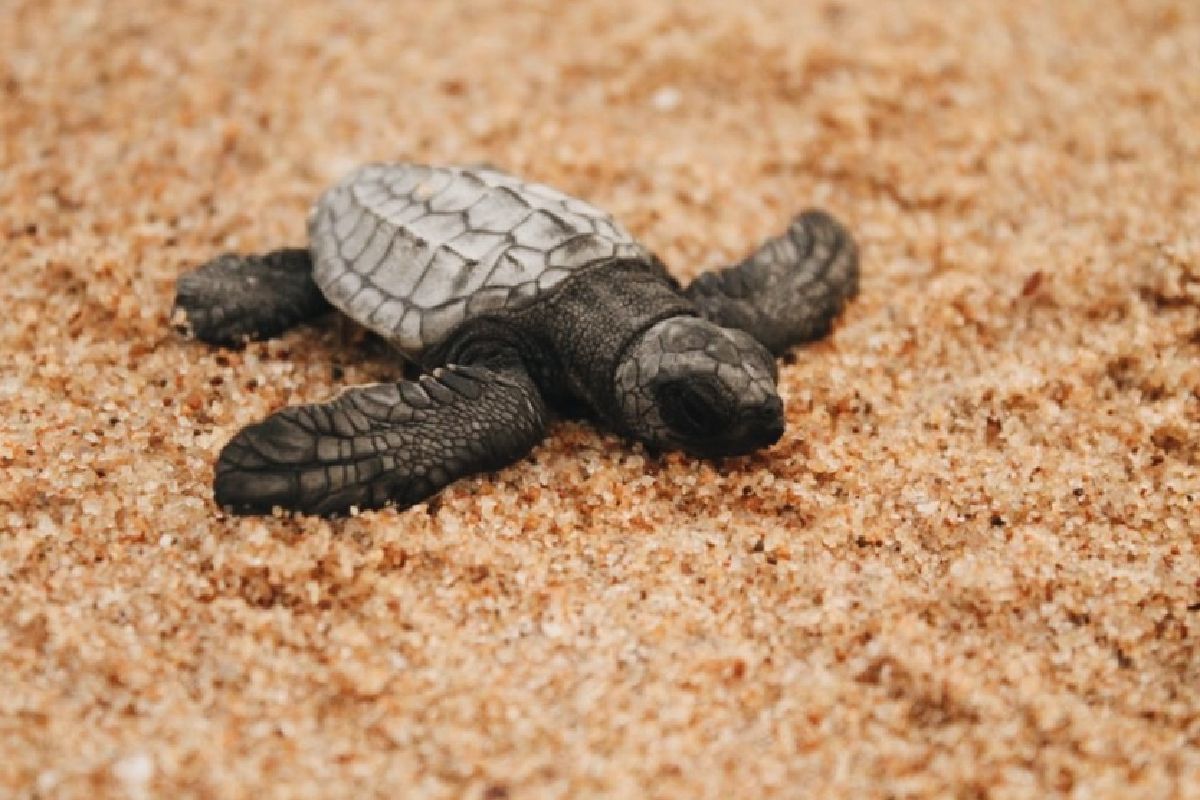
Saving our oceans and marine life is the responsibility of every one of us. Organizations like ROLE Foundation, Rescuing Leftover Cuisine, Australia Zoo Wildlife Warriors and Visakha Society for the Protection and Care of Animals are creating a real change and leading the way. Now it is up to us to do our part.
See more of our Life Below Projects here
